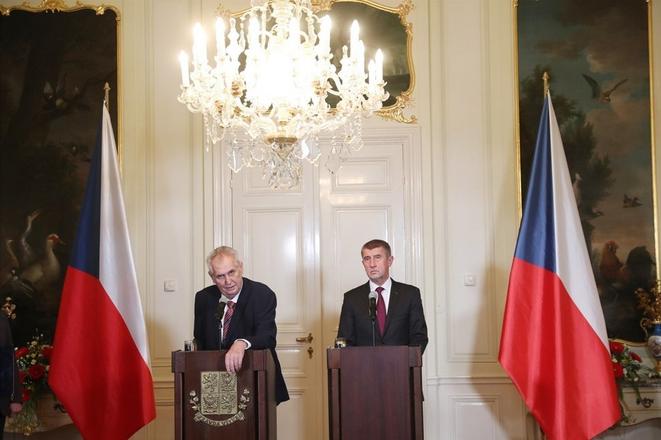Czechs have given up. There is no other conclusion to draw from Miloš Zeman’s reelection. A majority of people voted for a candidate who didn’t campaign, whose reelection slogan was “Zeman Again” (Zeman znovu), and who is too ill to do the job.
More than an irrational fear of immigrants, or feelings of economic dislocation, a vote for Zeman was a vote that things are okay they way they are. Voters think the guy they know — that one who everybody can see is dying, who is surrounded by corrupt aides and curses on state media — is the best choice because anything new is unpredictable. For Czechs, change is now a negative thing, they no longer believe that things can get better.
Martin Ehl, the foreign editor at the Czech daily Hospodářské Noviny, recently compared how Slovak voters have repeatedly mobilised to make sure their country stays on a liberal democratic path: first by ousting Vladimír Mečiar, next by electing Andrej Kiska when Robert Fico sought to transition from prime minister to president, and even more recently by defeating fascist Marian Kotleba in the Banská Bystrica regional election. Czechs, Ehl argued, could learn a lot from these Slovak experiences. I would put it another way. When things get serious, Slovaks protest, organise and exercise power at the ballot box. Czechs go skiing.
To go one step further, let’s compare the recent Czech presidential election and the Slovak vote from 2014.



 (source: MAFRA, Dan Materna)
(source: MAFRA, Dan Materna)